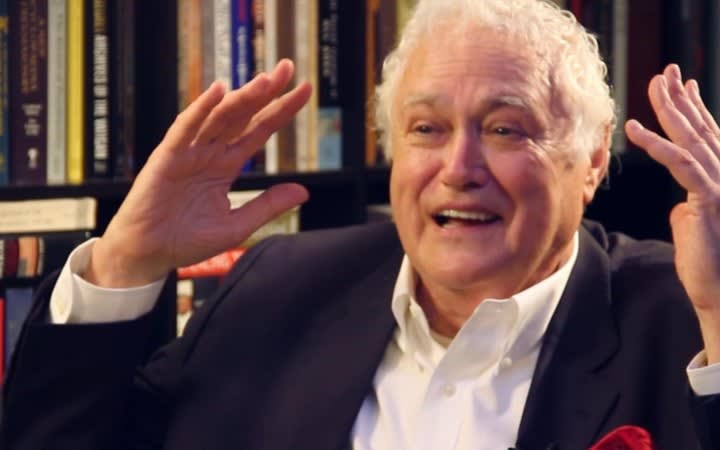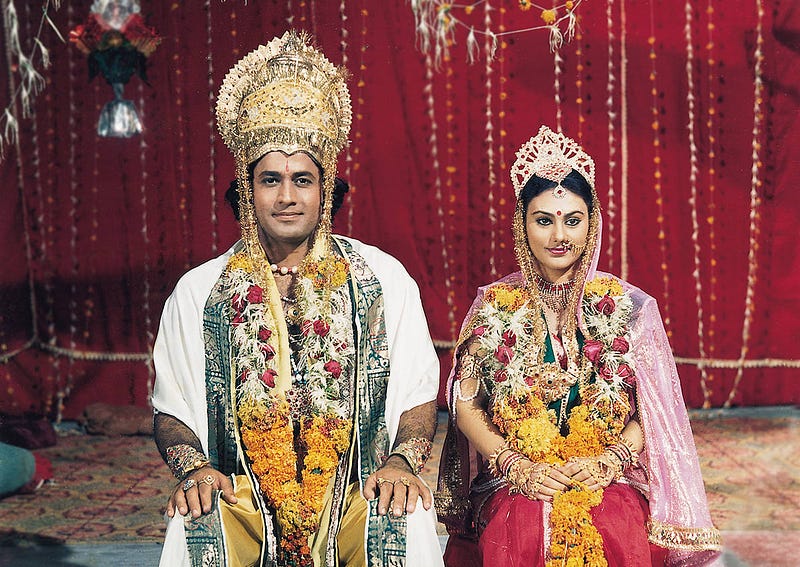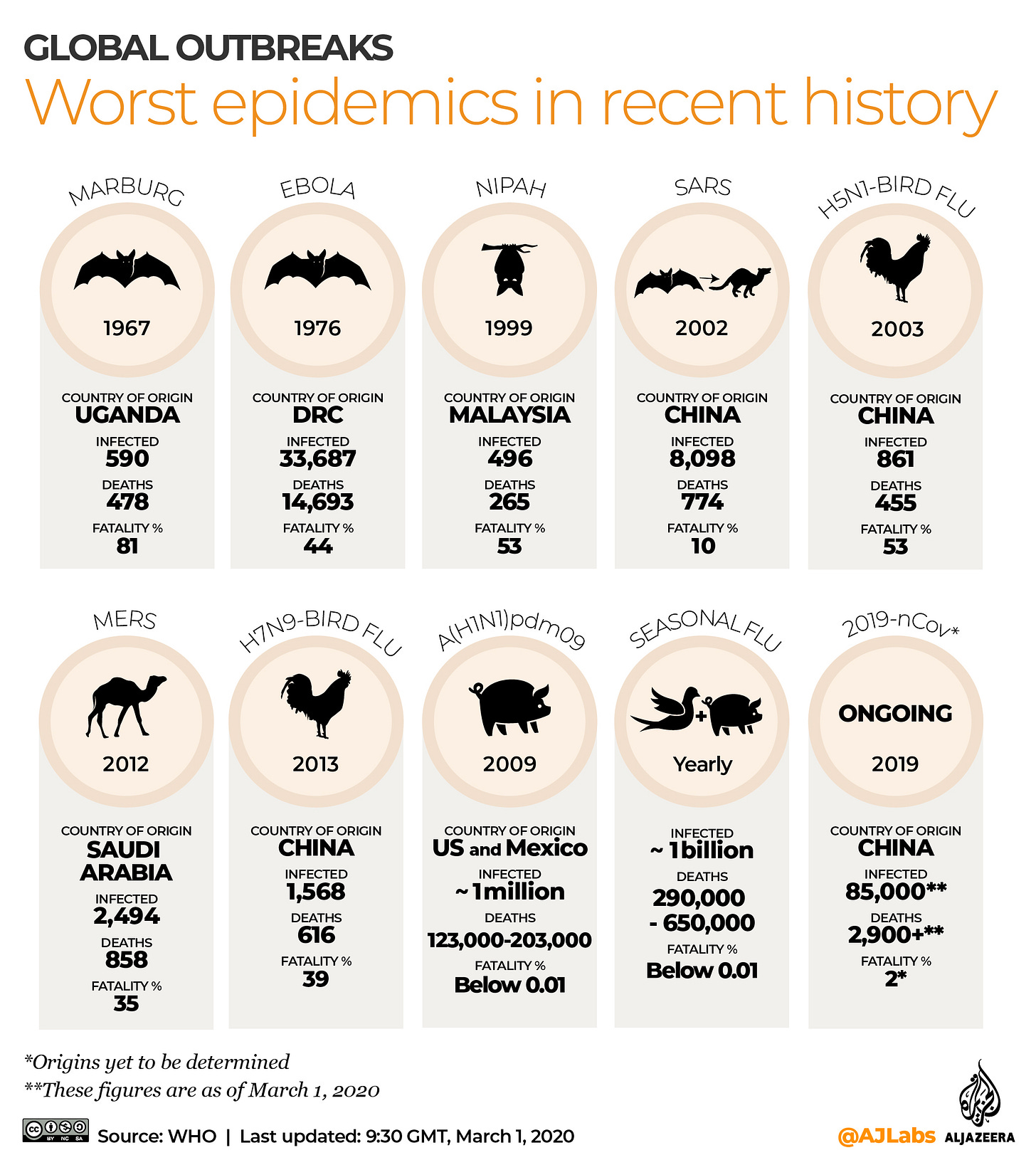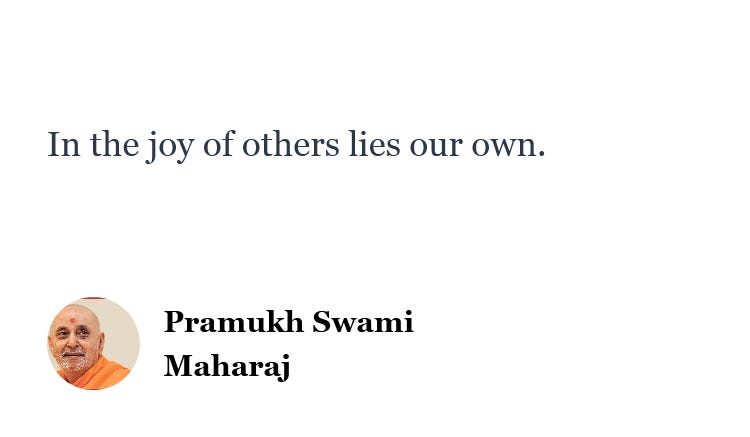The cluttered mind is the devil’s workshop.
A re-frame of the old adage that “an idle mind is the devil’s workshop”
If you have ever felt a lack of focus, purpose, and a sense of disconnection from life, the reason might be that your mind is just too cluttered. This is how we change it.
My experience at de-cluttering
For the first time in months, I slept without a phone next to me. And I woke up without a phone next to me.
In my bed, I visualized and felt my goals coming true. I arose from my bed calm and ready for the day. I got ready, did my morning meditation and prayers, had brunch with my wife. All this without a single screen to look at.
Remarkably, I felt an immediate change in the way I felt.
Let’s contrast with how things usually were for me.
I would go to sleep at night with a phone in my hand. I would use it to read books, so I would tell myself at least I was being productive late into the night. But of course the mind cannot be productive all the time. It just isn’t built for it.
Because of this habit, I would not be able to spend time with my wife as she drifted off to sleep herself. It was an incomplete way to end the day. Not having a phone between us allowed us to sync with each other as we fell asleep.
In the morning, I would also reach for my phone. I would again start the day with spiritual readings, but my mind is never ready for it. There is something about the device that makes me want to search for the next hit of information. I would soon find myself catching up with work emails, messages, and personal direct messages and start responding to them.
“They’re just for work or family” I would say. But at around this time, my mental peace is already disturbed. I’m in a state of chaos already, sucked into a tumultuous world.
This would happen even on weekends.
Not today however.
What Inspired Me
I have felt a lack of focus and a real sense of disconnection with myself as of late. The pace of things had been increasing but I felt I was staying in the same place.
I came at a crossroads where I realized that until I change something inside of me, I will be far away from my ideal life.
I believed my path to the ideal life was a macho push-through-everything way of looking at the world.
The picture of a hyper-connected, hyper-responsive executive, making a million decisions a day is firm in my mind’s eye. This is also extremely destructive.
What I want is calm. I want peace of mind. I want to engage with my work as an instrument of my life; something that I play with to create music because I enjoy it. Not be ruled by it.
The means of doing that is not through being more productive, more systems and processes. Not more left brain. But more heart. More soul. This is a difficult proposition at times since as of the writing of this post, I work in the legal industry where I’m often surrounded by hyper-logical and critical lawyers. But I also see a destructive lack of meaning, connection, and significance when I speak with many lawyers up close. I see broken marriages, addictions. I see brewing volcanoes of stress and burnout that is barely placated with another training on productivity, efficiency, surface-level mentions of self-care.
A hyper-active cluttered mind cannot find peace. There is no productivity hack that will reawaken your heart to work. You will be more productive at making yourself unhappy, drifting further and further away from peace of mind.
The Need for Space
I was inspired by this talk below:
It spoke about a different way of getting focus. But focus is just one benefit of removing the clutter.
The real benefit is getting greater peace of mind. More space.
When there is more space, the heart and your true self (the atman) can be heard.
This morning, I find myself more connected than ever before to myself.
I know weekdays will be difficult since I am going to work and I often have morning calls. I will have to find a way to maintain my peace of mind as I design the future.
This is just day 1. I will report back what I learn from this journey as I go through it over the coming weeks.
Consider removing the phone from your life for just this weekend. At least in between bed-time and the start of your workday. See what happens. If you’ve already done this, what has been your experience with decluttering your mind?






